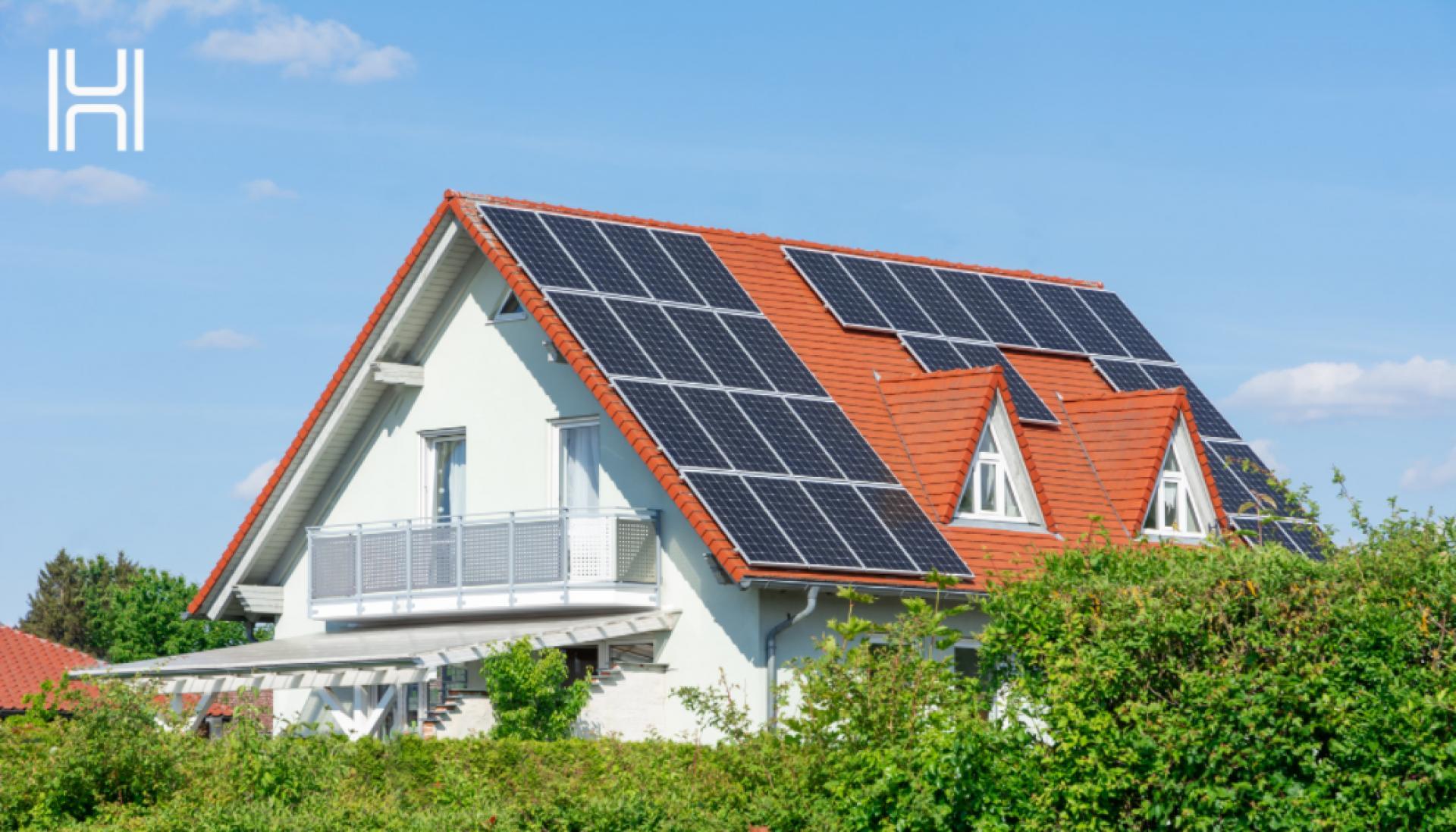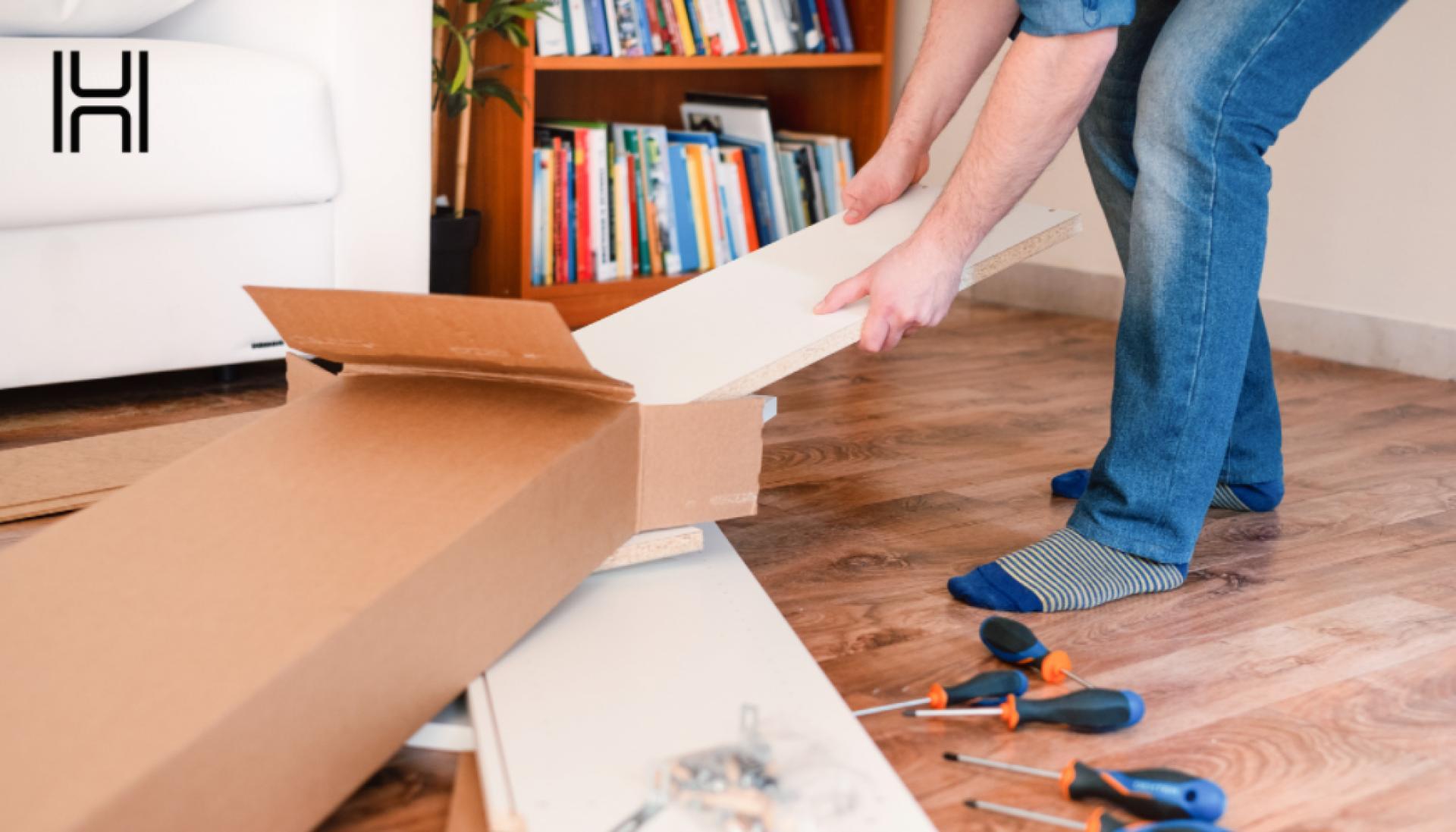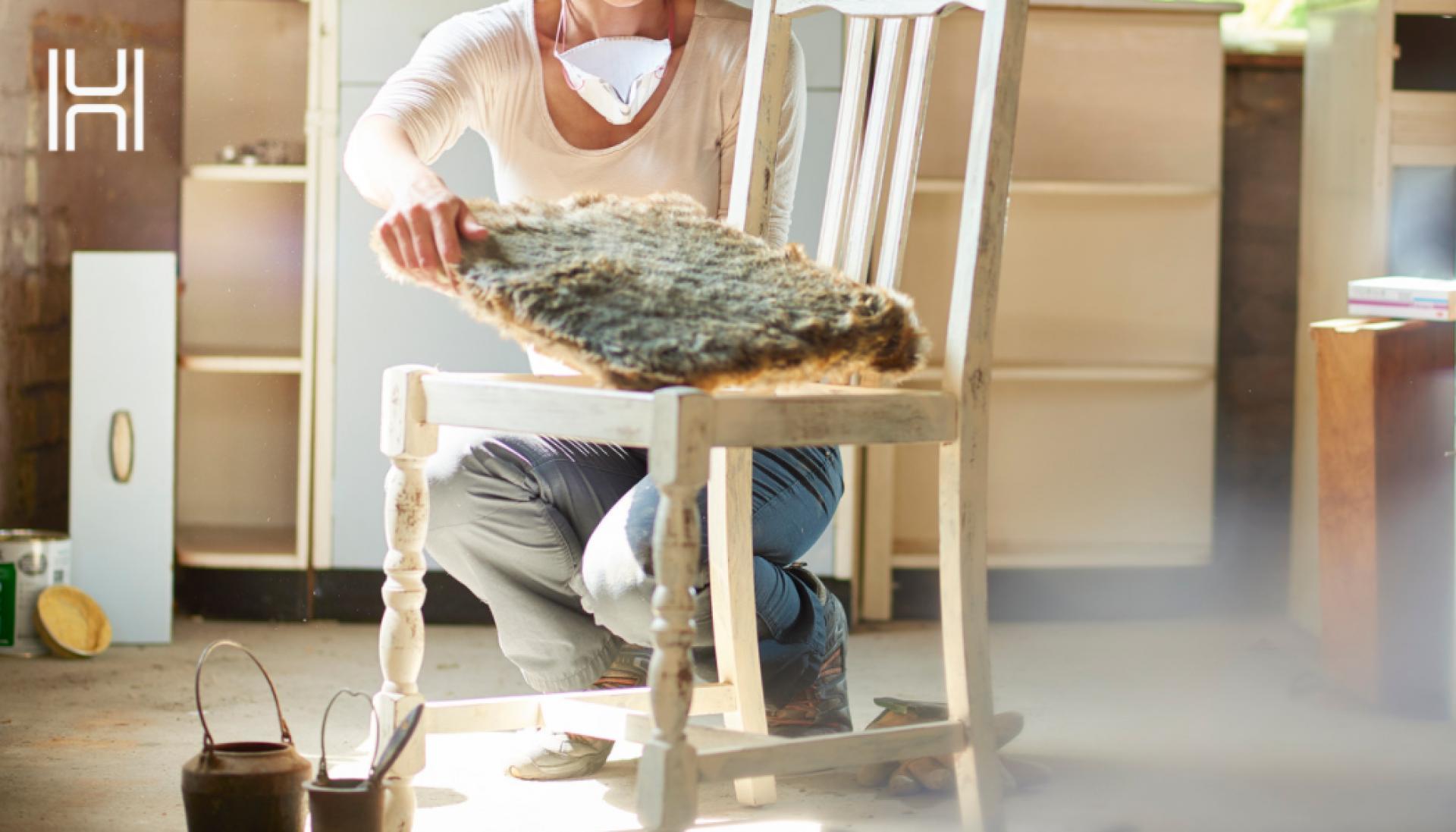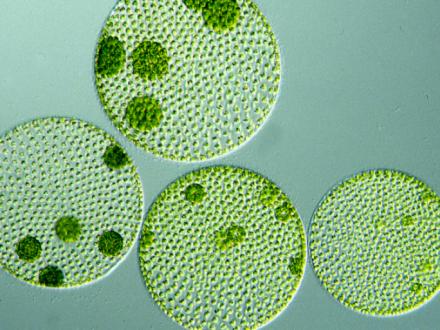

What is sustainability? “The quality of being able to continue over a period of time”.
Sustainability has become a buzzword, incorporated into all aspects of our life, and the buildings in which we live are no exception. Considering the resources required to build our homes, the design of the products inside, and the overconsumption and wasteful habits we have become accustomed to - are we living sustainably?
Buildings account for around 40% of global emissions and companies are becoming aware of their responsibility towards sustainability; not only economically, but environmentally and ethically too. There is a significant opportunity for sustainability in architecture and design; from solar skylights and living walls, to buy-back schemes and recycled materials. So, what is being done to design a better future?

1. Sustainable architects
The Passivhaus standard is a low energy design standard for buildings with minimal carbon emissions. Architect firm, Architype, pride themselves on sustainable design and have completed various Passivhaus buildings. Architype’s purpose is “to design life enhancing, genuinely sustainable architecture” and have been awarded the ‘AJ100 Sustainable Practice of the Year’ three times. They even advise clients such as the University of Oxford on reaching the Passivhaus standard through their PERFORM+ zero carbon service.
Make Architects’ international team provides architecture, interior and urban design services from concept through to completion. Recognising that the climate emergency has reached a tipping point, they founded ‘Make Neutral’, an in-house sustainability and energy working group, teaching the fundamentals of Environmental Design. Their workshops include the basics of solar and embedding sustainability in both design and practice. Their single aim is “to design the best buildings, places and spaces in the world”.
2. Living walls
Modern society sees us spending less time outdoors and more time in front of a screen. The digital age has disconnected us from nature and from each other. Yet, connecting with nature is essential to humans; time spent around nature has even been found to reduce blood pressure and calm the heartbeat. Biophilia is the human tendency to interact, or be closely associated, with other forms of life in nature. The term is derived from the Greek works for “life” and “love” making its literal translation “love of life”. As urban areas continue to grow, and our lives continue to become increasingly stressful and busy, we would do well to reconnect with nature in our daily lives.
One way architects are achieving this is by incorporating “green walls” into building designs. Green walls can be found brightening up the interior and exterior of buildings across the world, from Mexico to Milan. Sheppard Robson’s Citicape House in London, which includes an up-and-coming five-star hotel, will feature the largest green wall in Europe (40,000ft). Green walls demonstrate how we can address climate change, improve air quality and reduce air pollution, all while meeting our innate desire to be closer to nature.
3. Circular economy
The Circular Economy is the idea that nothing is wasted. Products are designed to last or to be repaired and reused, there are adequate collection facilities and products can be recycled or repurposed. It is an eco-alternative model to the linear concept of ‘take, make, dispose’.
Naturalmat has sustainability at the heart of its strategy. For more than two decades, they have been making mattresses utilising natural fibres from sustainable resources. The idea of sustainability is not just environmental, but also social. Naturalmat’s materials are sourced according to Fair Trade principles, the company sources locally where possible, and looks to limit their carbon footprint. All materials are 100% biodegradable, which means they will return to nature at the end of life, as nature intended.
Camira Fabrics design and manufacture upholstery for various sectors, including healthcare, hospitality and education. They create textiles using fibres made from recycled plastic bottles collected from Mediterranean beaches through the SEAQUAL initiative - a project seeking to solve the problem of ocean plastic pollution by collecting and reprocessing plastics. Camira Fabrics also creates a more circular production method by returning remnants from factories to its yarn supplier for recycling into new yarn.

Ikea, a favourite for first-time furniture buyers, is well-known for their commitment to sustainability. In terms of design, Ikea VIMLE sofas allow customers to rearrange the modules to create new layouts. Wardrobes and wall units can also be combined or rearranged to be transformed into new and unique furniture.
Facilitating the collection of products for reuse is a key aspect of the circular economy. One way to achieve this is for companies to implement buy-back schemes. Ikea’s buy-back service aims to “give furniture a second chance at life.” Customers can bring back their pre-loved products in return for an IKEA refund card. These items will then be resold via the ‘bargain corners’.
Another bright idea comes from Skinflint. They restore unique and historic vintage lights and recognise the responsibility towards Product Circularity - this means not only designing high quality lights made to last, but also keeping them in use. Skinflint launched a full circle buy-back scheme which allows customers to exchange their once-loved lights for 50% credit towards a new purchase. Returned lights are repaired, restored and recertified before being re-sold. This scheme is above and beyond their lifetime guarantee which includes repairs. The overall goal is to keep lights out of landfill and in use forever - after all, “a vintage light is a light for life.”

From energy-efficient building design and green walls to embracing circularity in product design, forward-thinking companies are leading the way to a more sustainable future. In the years to come we hope to see more companies actively working towards building a better tomorrow.
If you would like to discuss upcoming plans to hire within your operations or finance teams, please email [email protected] or call 0203 773 3530.
